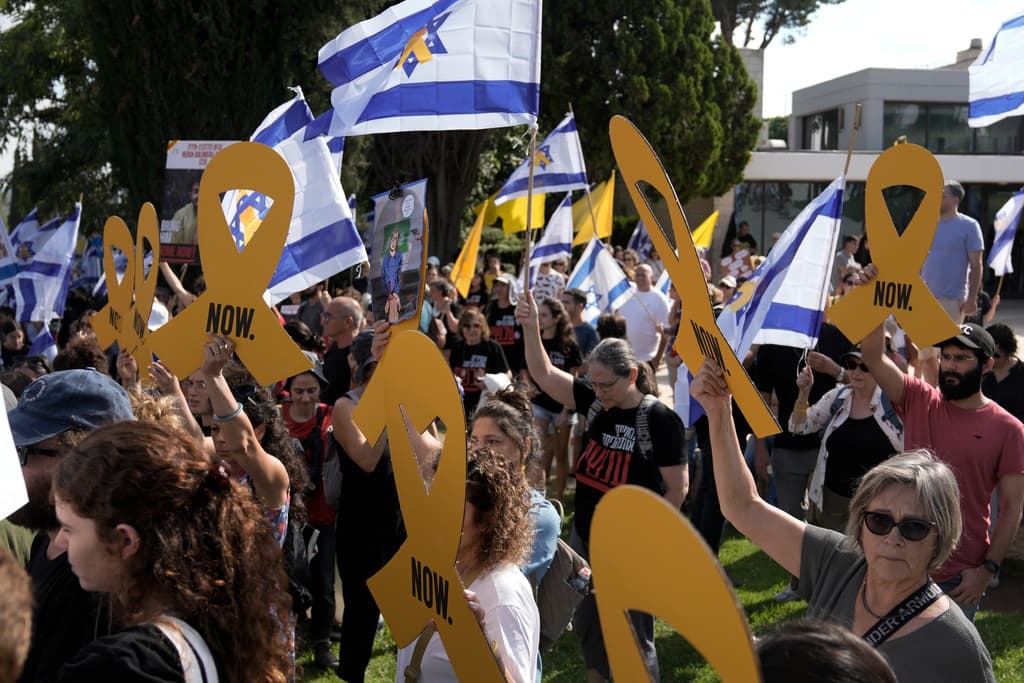The strike has been announced after six people who were held hostage by terrorist-stamped Hamas were found dead in Gaza. It is the trade union umbrella organization Histadrut that is now taking action by announcing the strike.
The Israeli government has been criticized since the start of the war for not doing enough to bring home the people who were taken hostage on October 7. The situation is currently extra sensitive, partly because the people found dead were young and there are reports that several of them would have been released if an agreement on a ceasefire had been reached.
Anger is particularly strong
There was a hope among the now deceased hostages' relatives and supporters that there was a possible open window to bring them home alive. And it's closed now – forever, says Anders Persson, associate professor of political science at Linnaeus University.
This makes the mobilization and anger appear particularly strong this time.
The big question is how much pressure the strike can put on the Israeli government. The chairman of Histadrut, Arnon Bar-David, describes it as "the entire labor market" going on strike initially for one day, starting on Monday morning.
Want to pressure the government
If you look at it from the perspective of the hostage families' organization, they want to pressure the government to the extent that the cost of not accepting a ceasefire is higher than doing so, says Anders Persson.
It could, for example, be to pressure the government to the brink of collapse, by threatening ministerial resignations. In such a situation, Netanyahu might be willing to make a 180-degree turn and accept new conditions for a ceasefire.
Previous large protests in Israel have not succeeded in achieving this goal.
It remains to be seen if it will succeed.






